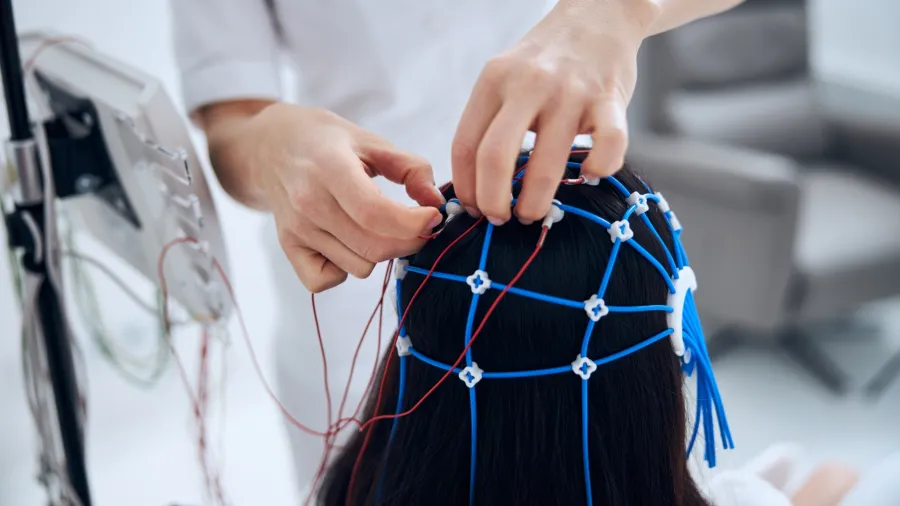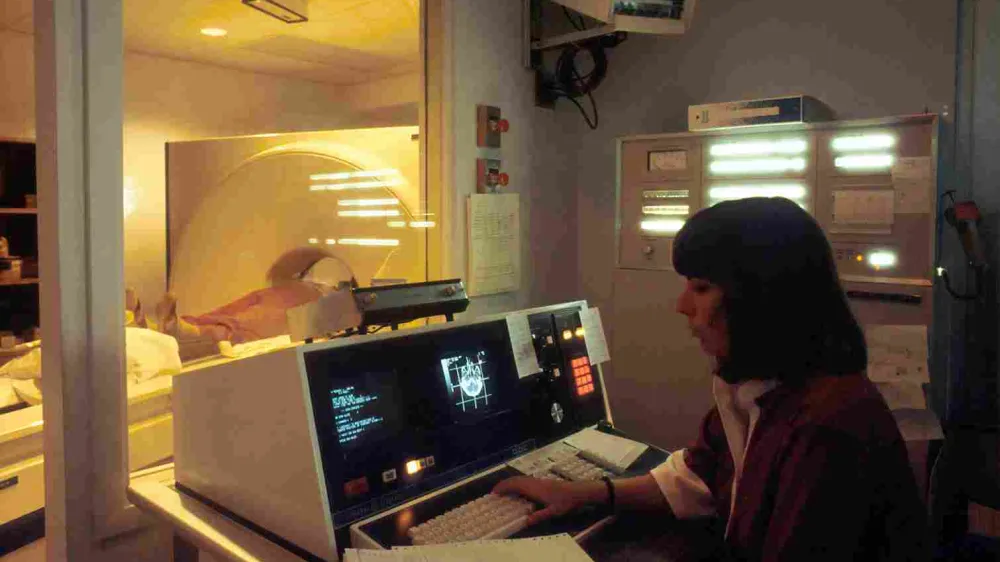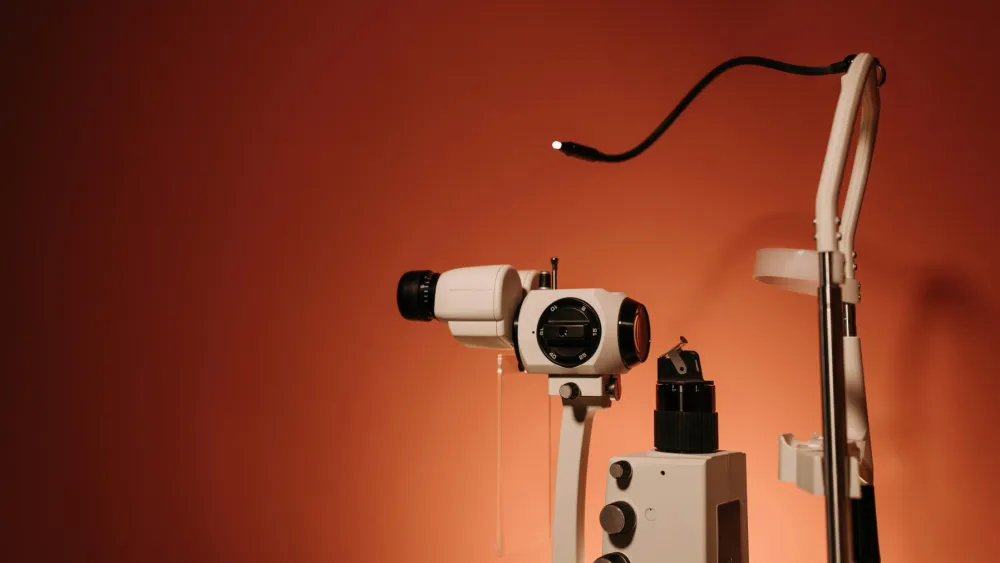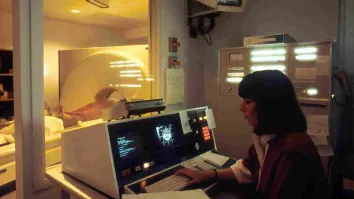
Global EEG electrodes market to grow 6.78% CAGR until 2028
Thanks to the rising demand for HBCIs and an increase in neurological disorders.
The global market for Electroencephalography (EEG) electrodes is projected to rise by $105.4m until 2028 at an estimated compound annual growth rate of 6.78%.
A report by Technavio revealed that the market is witnessing notable growth due to the increasing demand for hybrid brain-computer interfaces (HBCIs) amidst the rising prevalence of neurological disorders and the need for early diagnosis.
According to the study, EEG is a commonly used modality in these interfaces due to its ease of use and fast temporal resolution.
“HBCIs combine multiple brain imaging and prosthesis control modalities, offering numerous advantages over single modality systems,” the report said.
Such advantages include an increased number of brain commands for control applications, improved classification accuracy, and lessened signal detection time.
Moreover, complementary modalities, such as electrooculography (EOG), electromyography (EMG), and eye trackers are increasingly being integrated with EEG technology, further driving the market’s expansion.
“Robust dry EEG electrodes are essential for making EEG BCIs a practical technology, and their development is expected to fuel the growth of the global EEG electrodes market during the forecast period,” the report added.
In line with this, the market is poised towards technological advancements with various devices being developed to enhance accuracy, minimise cross-contamination, and offer flexible options at lower costs.



















 Advertise
Advertise





